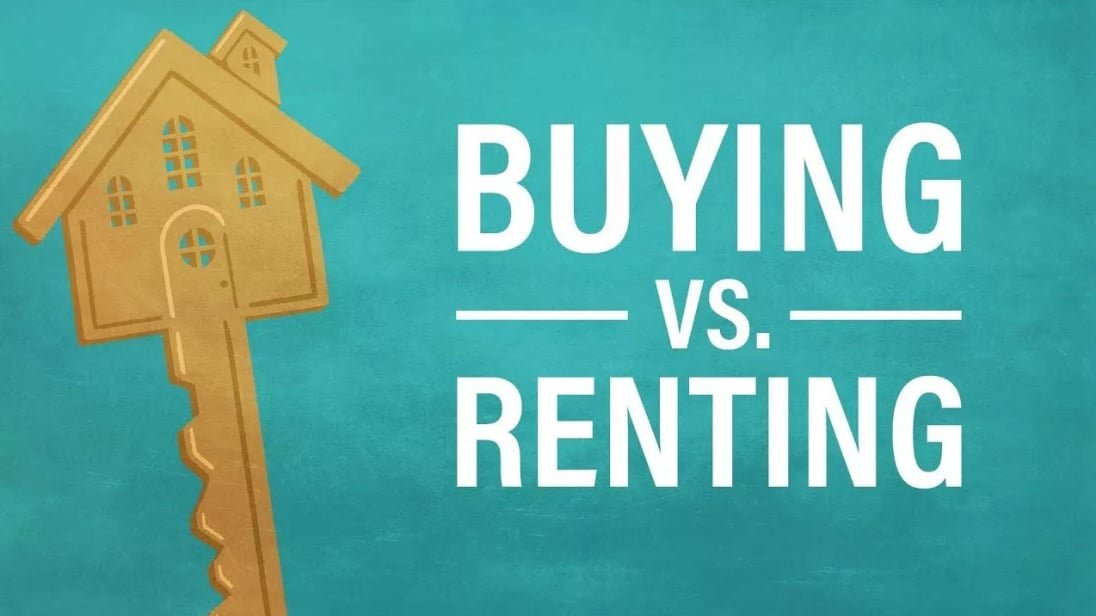
Renting vs. Buying: Which Is Right for You?
The decision between renting and buying depends on financial stability, lifestyle preferences, and long-term goals. Both options have advantages, so weighing the pros and cons is essential before committing.
Renting offers flexibility—ideal for those who may relocate frequently or prefer not to handle maintenance costs. Tenants can move with relative ease, and monthly rent is often predictable. However, renting doesn’t build equity, and landlords can increase rents or terminate leases.
Buying a property is a long-term investment that provides stability and potential appreciation. Mortgage payments contribute to ownership, unlike rent, which is an ongoing expense. Homeowners also benefit from tax advantages and the freedom to modify their living space.
Financially, buying requires a substantial upfront cost, including a deposit, legal fees, and stamp duty. Renters avoid these expenses but miss out on property value growth. In some UK cities, renting may be cheaper in the short term, while buying becomes more cost-effective over time.
Market conditions also play a role. In a rising market, buying early can secure a valuable asset, whereas renting may be preferable if prices are unstable. Interest rates and mortgage availability further influence affordability.
Lifestyle matters too. Families may prioritize the security of homeownership, while young professionals might prefer renting’s flexibility. Consider your career plans, family size, and future goals when deciding.
Ultimately, the right choice depends on your circumstances. Consulting a financial advisor or real estate expert can help clarify which option aligns with your objectives.